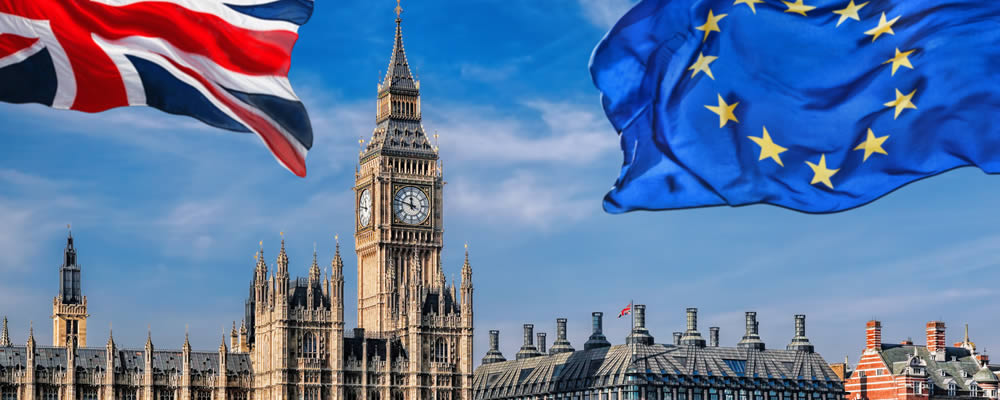The Euro has continued its weekly slide against the Pound today, dropping by -0.3% on poor inflation rate figures.
- EUR GBP rate slides to 0.84 – GBP EUR rate advances to 1.17
- Euro demand drops along with German inflation – Is an ECB rate hike less likely?
- Pound climbs despite wage squeeze – UK reliance on overseas workers analysed
- Irish inflation incoming – UK retail sales out next week
Although German confidence data boosted the Euro to Pound exchange rate on Tuesday, the Euro has since slumped on German inflation.
The final figures for March have shown a slowdown from 2.2% to 1.6% on the year, while a monthly dip from 0.6% to 0.2% has also been recorded.
Some economists have forecast 2017’s late Easter to cause a rise in German inflation in April; this result will come out in May. For the time being, at least, the slowdown has lowered confidence in the Eurozone’s biggest economy and by extension, the Euro.
UK data on Wednesday was far from supportive for the Pound, but despite this Sterling has still climbed to 1.17 against the Euro. The earlier news showed wage growth in line with inflation at 2.3%, which did nothing to remove fears of a wage squeeze pressuring the economy.
More recently, the focus has been on how reliant the UK economy is on non-UK nationals. The Office of National Statistics estimates that some UK sectors could have around 10% foreign representation, which could mean that any Brexit turbulence around immigration may not have as great an impact as first thought.
Eurozone inflation will remain an influential factor today, with Ireland’s stats for March due shortly. Previous figures showed growth across the board; if rises are recorded today then the Euro could stage a recovery against the Pound.
Further ahead, March’s final Eurozone inflation figures are due on April 19th. If predictions for an annual slowdown from 2% to 1.5% are accurate then the Euro could worsen against the Pound. Such an outcome would ease the pressure on the European Central Bank (ECB) to act, which would lower the odds of a near-term ECB interest rate hike.
The next notable UK data is a long way off, consisting of UK retail sales for March on April 21st. In February, sales posted growth of 1.4% on the month and 3.7% on the year. As inflation is still high and average earnings are suffering from a wage squeeze, the sales stats could drop considerably.
This would likely weaken Sterling, given that it would imply a worsening of the UK retail activity further ahead.
Current Interbank EUR GBP Exchange Rates
At the time of writing, the Euro to Pound (EUR GBP) exchange rate was trading at 0.84 and the Pound to Euro (GBP EUR) exchange rate was trading at 1.17.



